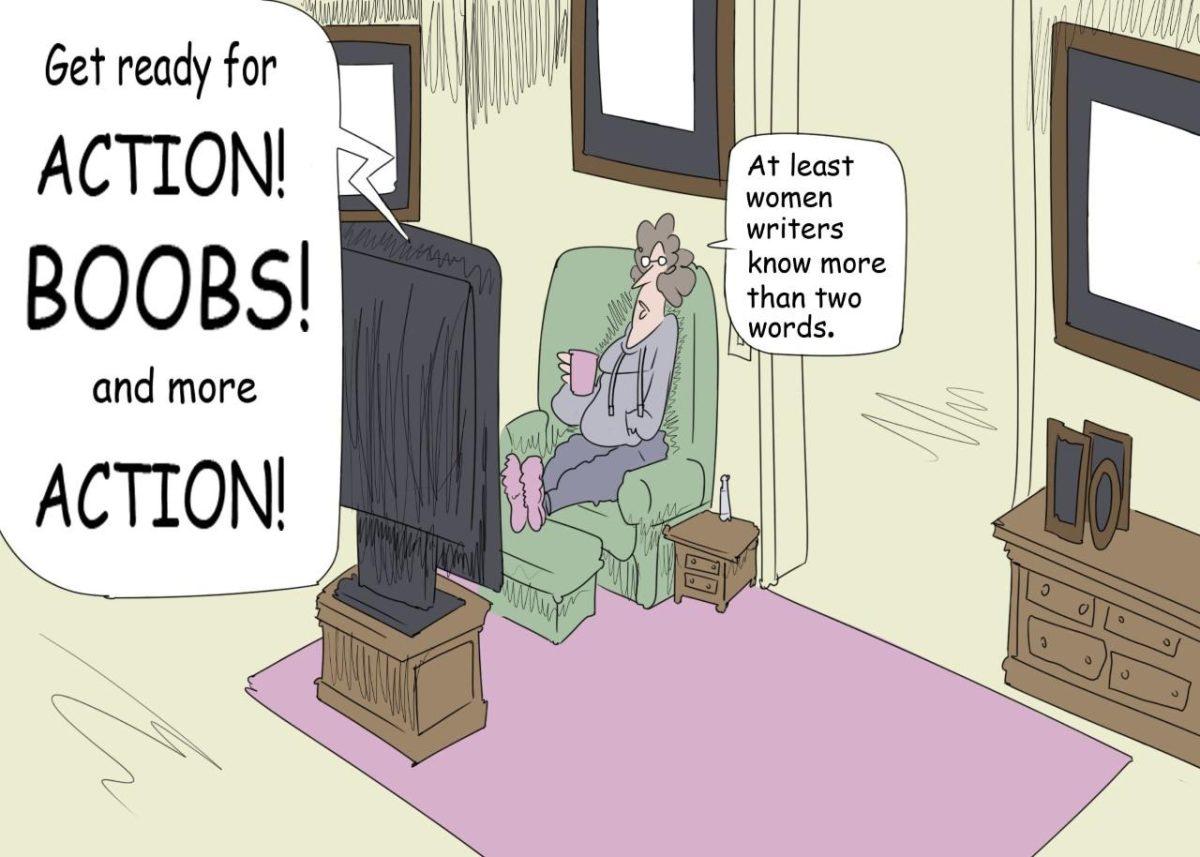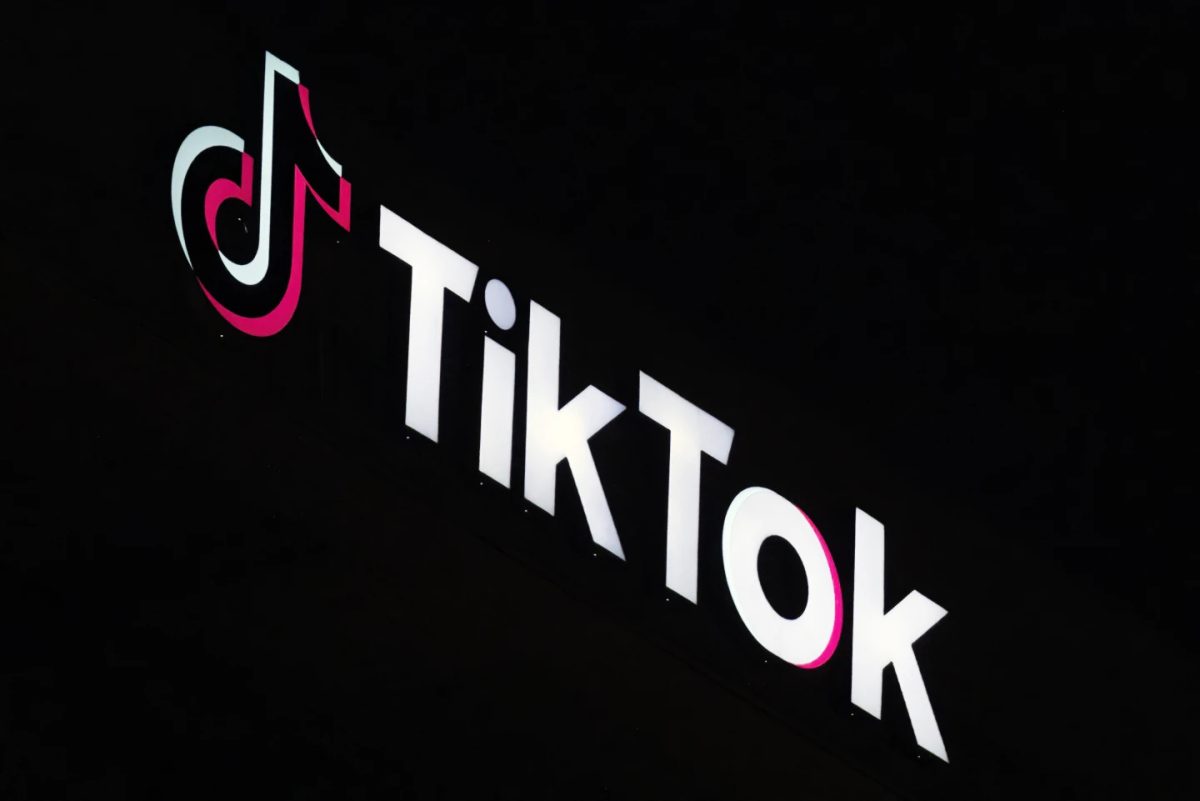For too long, women have been seen as the love interest, the victim or the mean girl. These female roles in movies and television are typically written by men and perpetuate the stereotype of women never being strong enough to handle emotions properly. This poor representation shows the need for more women in the writing room.
According to the website Women and Hollywood, only 14% of writers for the top-grossing 100 movies from 2017 to 2018 were women. So while we see blockbuster hits with leading women on the big screen, it’s probably best that we begin to care about the women making the decisions behind the scenes too. This is especially important in comedy, where men dominate the genre.
For so long we have seen the same types of films like “Superbad” and “The Hangover,” where audiences find humor in the gross and weird behavior of men stuck in quirky situations. However, these films have rarely ever been translated into a female-led version.
Instead, women get comedies focused typically on either sabotaging a man who broke their heart or getting back at another woman. In nearly all of these female-led comedies, the story and characters are hyper-feminized in order to relate to female audiences and to intentionally weed out other demographics.
The only comedy with female leads that could even come close to being comparable to a Jonah Hill movie would be Olivia Wilde’s 2019 film, “Booksmart.” In the film, the female protagonists are never overtly sexualized and instead go on an off-the-rails adventure exploring partying, drugs and sex in an ode to their teenage years. Ring any bells?
TV shows like Phoebe Waller-Bridge’s “Fleabag” similarly focus on the intricacies of a woman’s personality instead of just her love interests. The show also explores women’s sexuality and desires more comfortably than any other piece of television that I’ve ever seen. The comedy is dark but necessary in depicting a character more complicated than a pair of heels.
Even harder than finding a good female comedy is finding one led by a non-white woman. With virtually no representation, women of color are typically thrown in as the diverse best friend or sidekick character to the main white woman. If there isn’t representation for all women, then attempting to reform the genre is pointless.
The further we break away from this idea that women are only supposed to be poised, one-dimensional characters, the closer we come to breaking down gender roles. Women should be able to be as honest in storytelling as men are. In order to make this happen, Hollywood needs to be more inclusive of women wanting to tell their own stories.
Gabrielle Martinez is a 19-year-old mass communication freshman from Gonzales, Louisiana.








